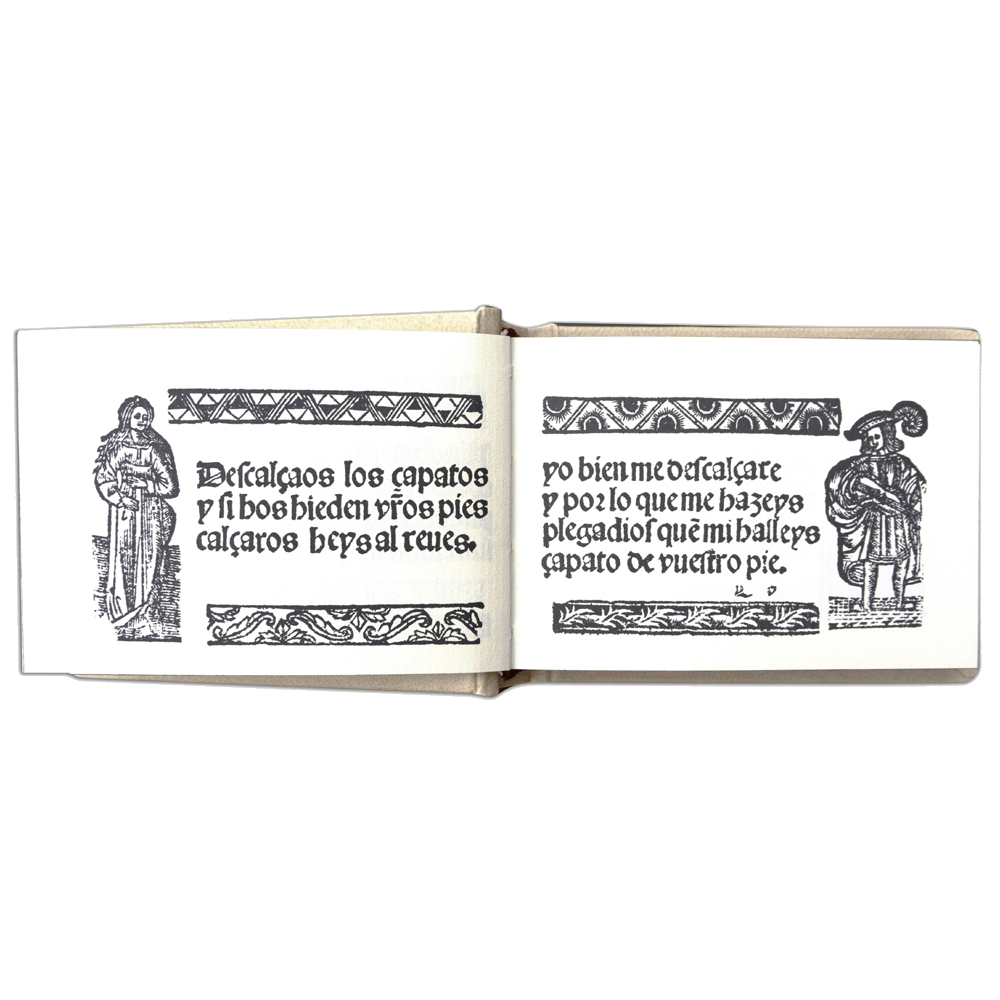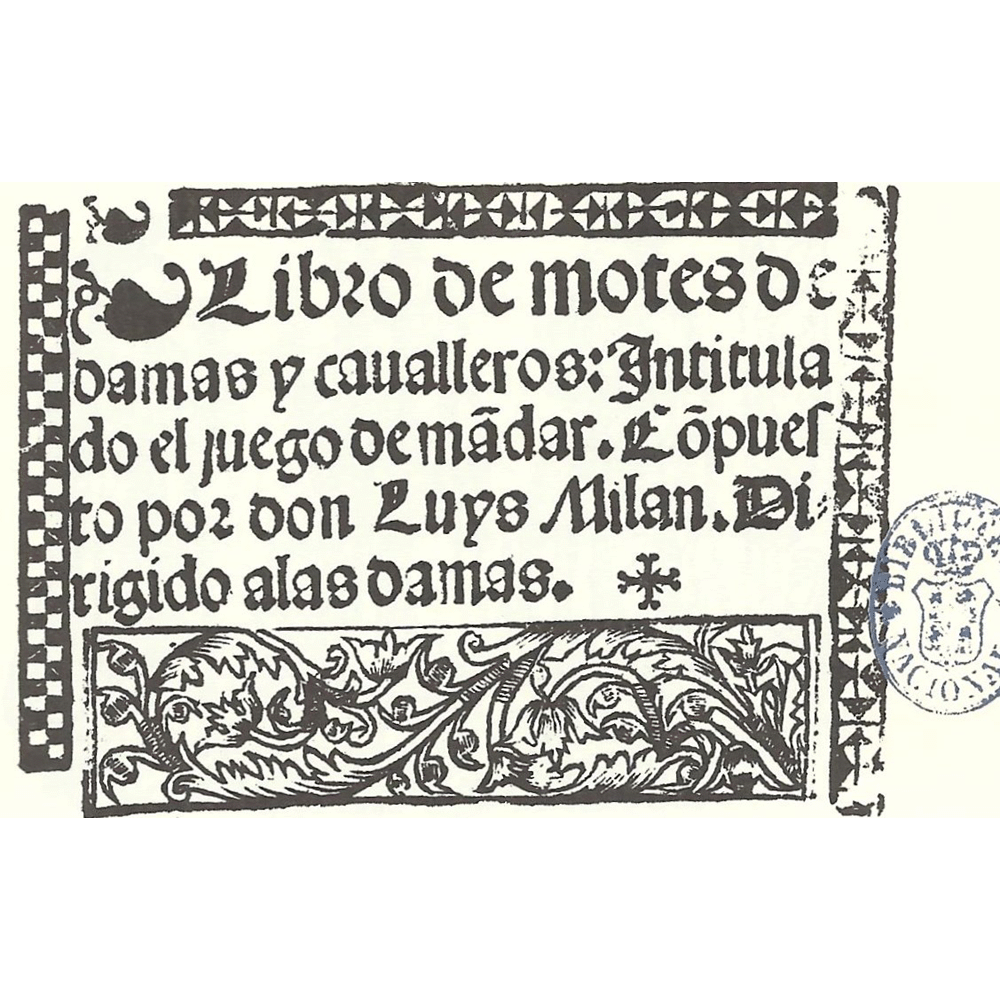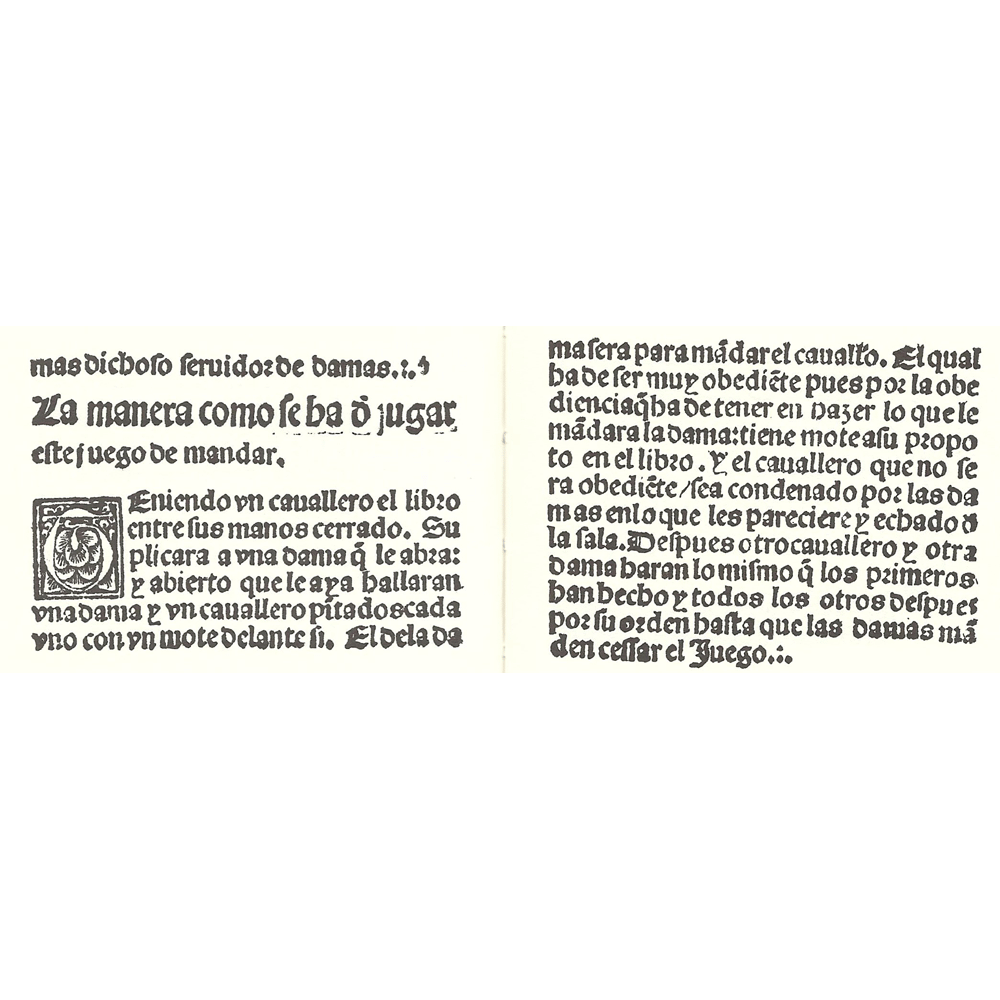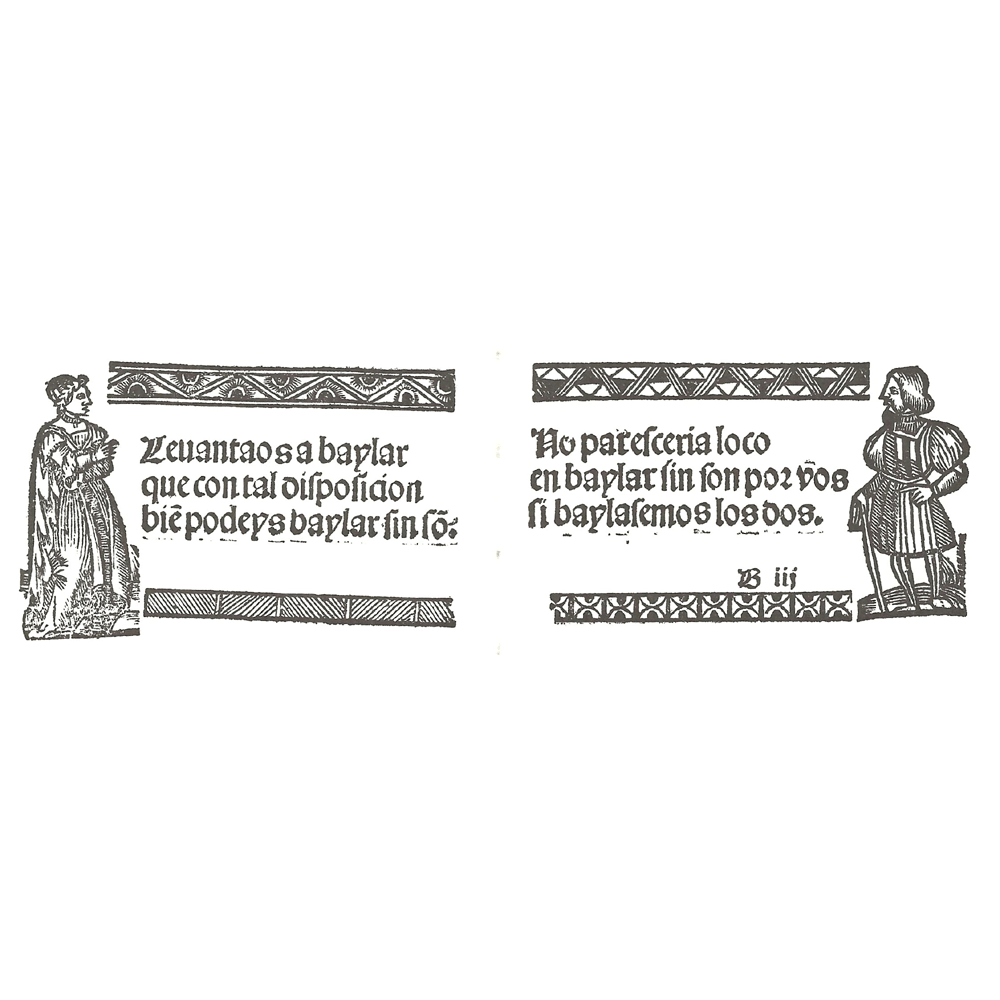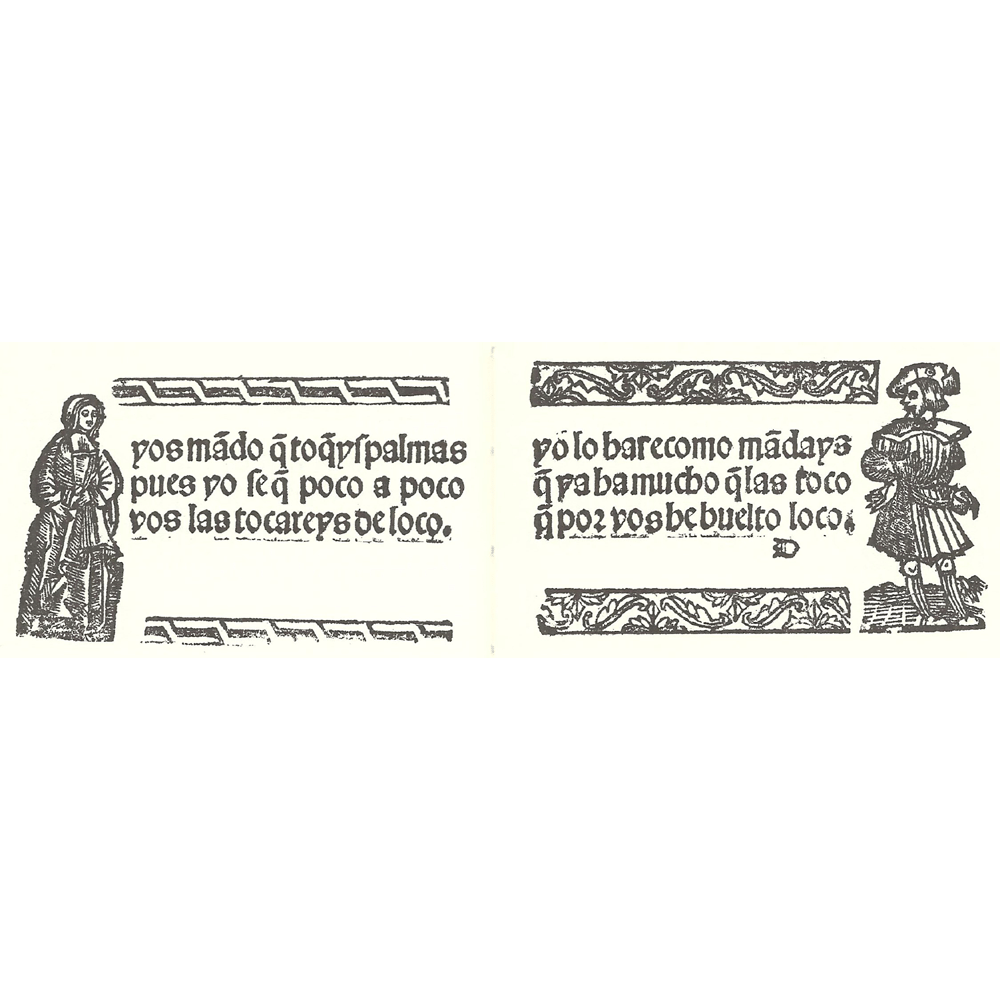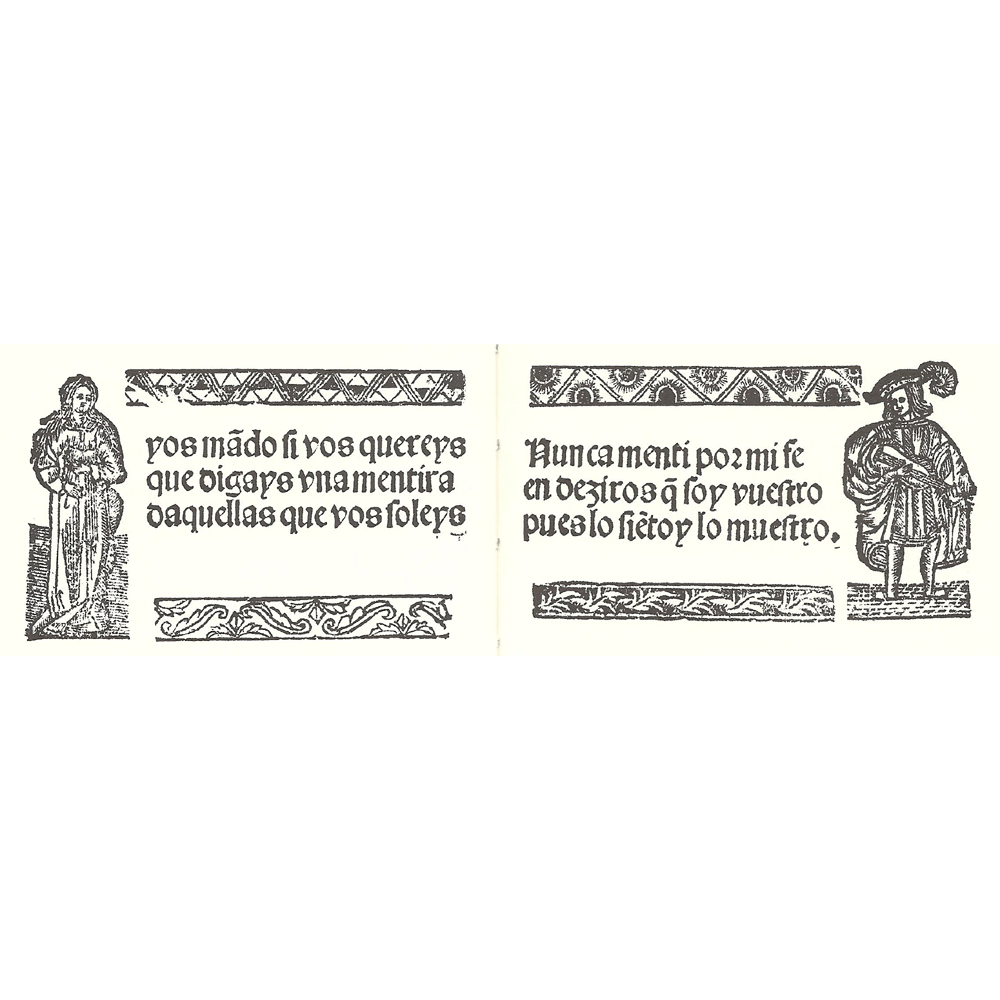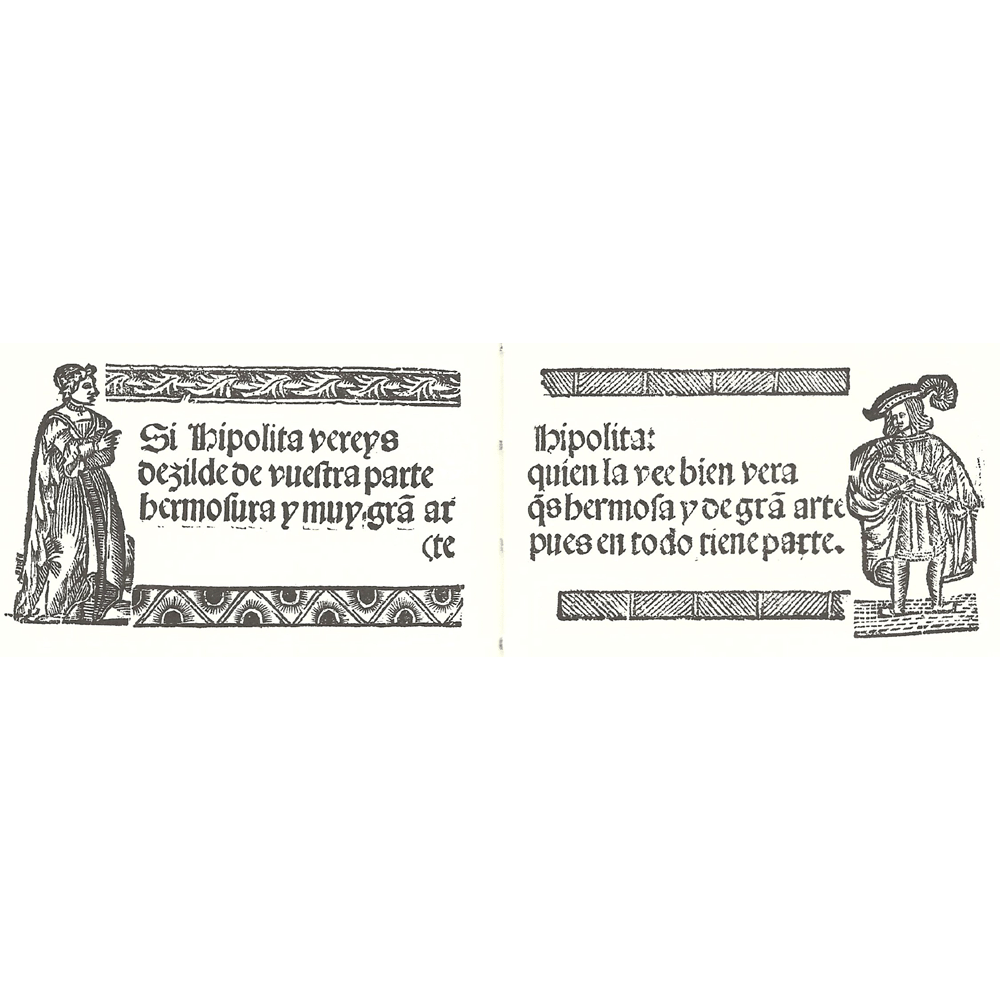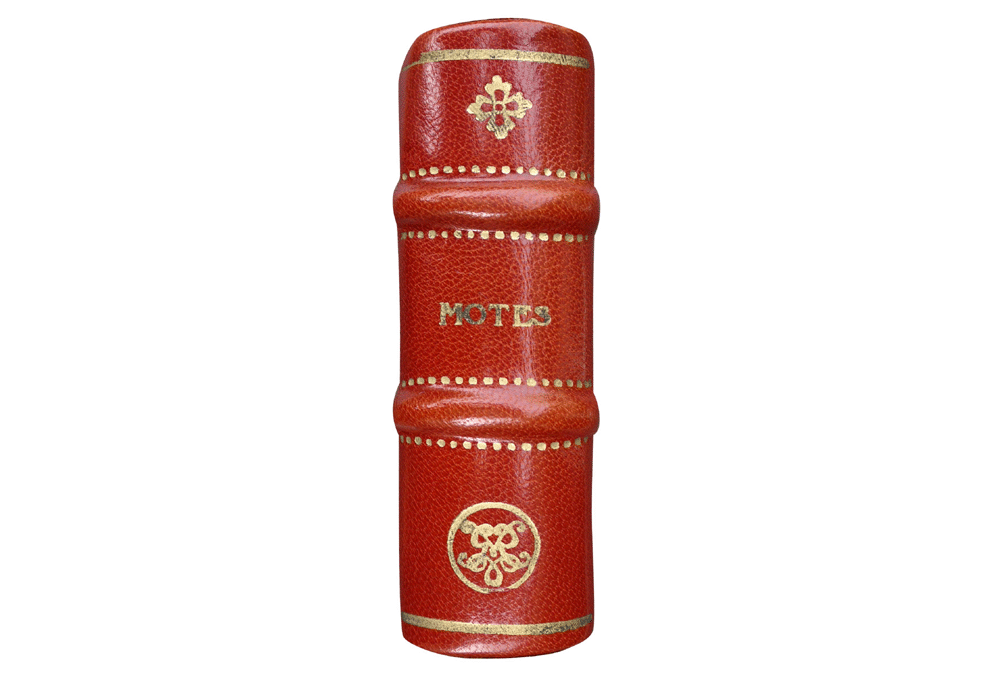|
|
|
| Seguir @vicentgarciaedi Twittear |
|
vgesa |

|
|
|
Synopsis: It might be worth remembering an old comment from a great bibliographer, Justo García Morales, about this book which he considers 'strange and evoking', when he points out that the 'format in which it was printed, was similar to the format called pocket books, by the way that they were kept when one was travelling, this size was typical of song books, etc. and this little work, a simple courtesan pastime, made that the rest of the books part of these edition were destroyed…' When thinking about the context that surrounded the edition of this book, he pointed out: 'If there is a place in Spain where both the chivalrous sense, sober and medieval of its first reconquerors, together with the sweet hedonism that is born by the sea, her skies and earth, it is without a doubt, Valencia”. This is specially the Valencia of the last years of the XVI century. A time where the Renaissance spirit imported from Italy with the constant trips of the Levante people to Naples and Sicily, including to the court of the Valencian Popes, the Borjas or Borgias. It softened and made whiter the almogavar state of mind of those descendants of the romantic and brave colleagues of James the Conqueror. Our edition sees the light of day in the court of the viceroy of Germana de Foix. In this literary Valencian atmosphere, a noble gentleman is denoted, Luis Milán, the author, who was also of El libro de musica de vihuela de mano intitulado el maestro and of El cortesano. The great bibliographer concludes the book by signing off as the book of: Libro de motes de damas y cavalleros intitulado el juego de mandar (Glosses of ladies and gentlemen, titled the art of commanding) 'son of a frivolous and happy court, presided by an even more frivolous and funny lady who did not have any more transcendence that to serve as pastime and entertaining happy and gallantly for some hours'.
|
IBIC Rating: |
||
|
AC History of art / art & design styles |
1D Europe
|
|



